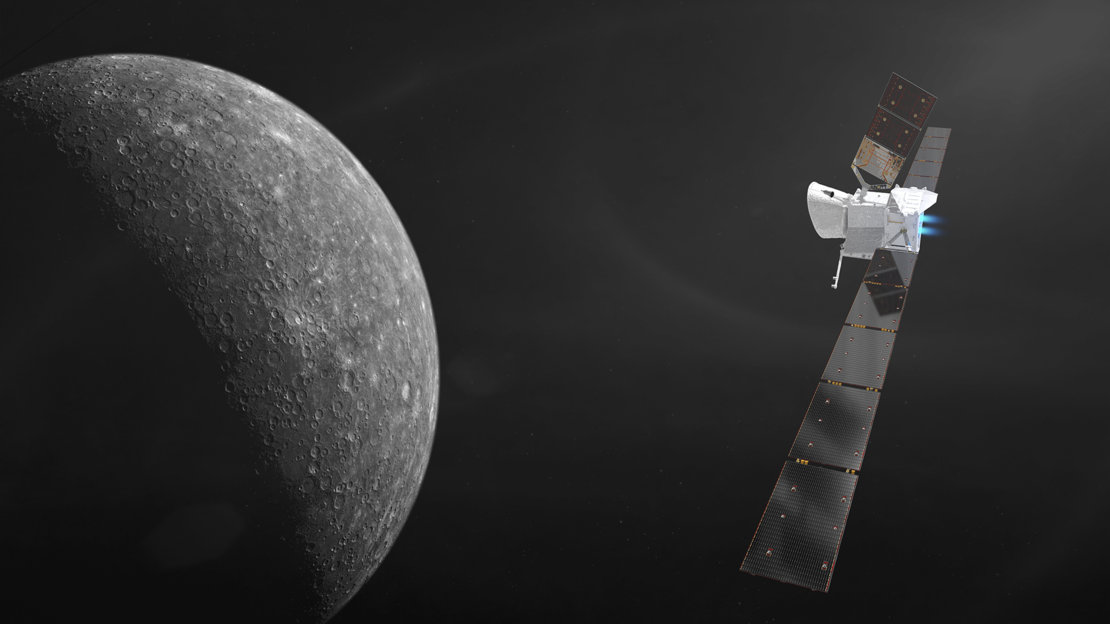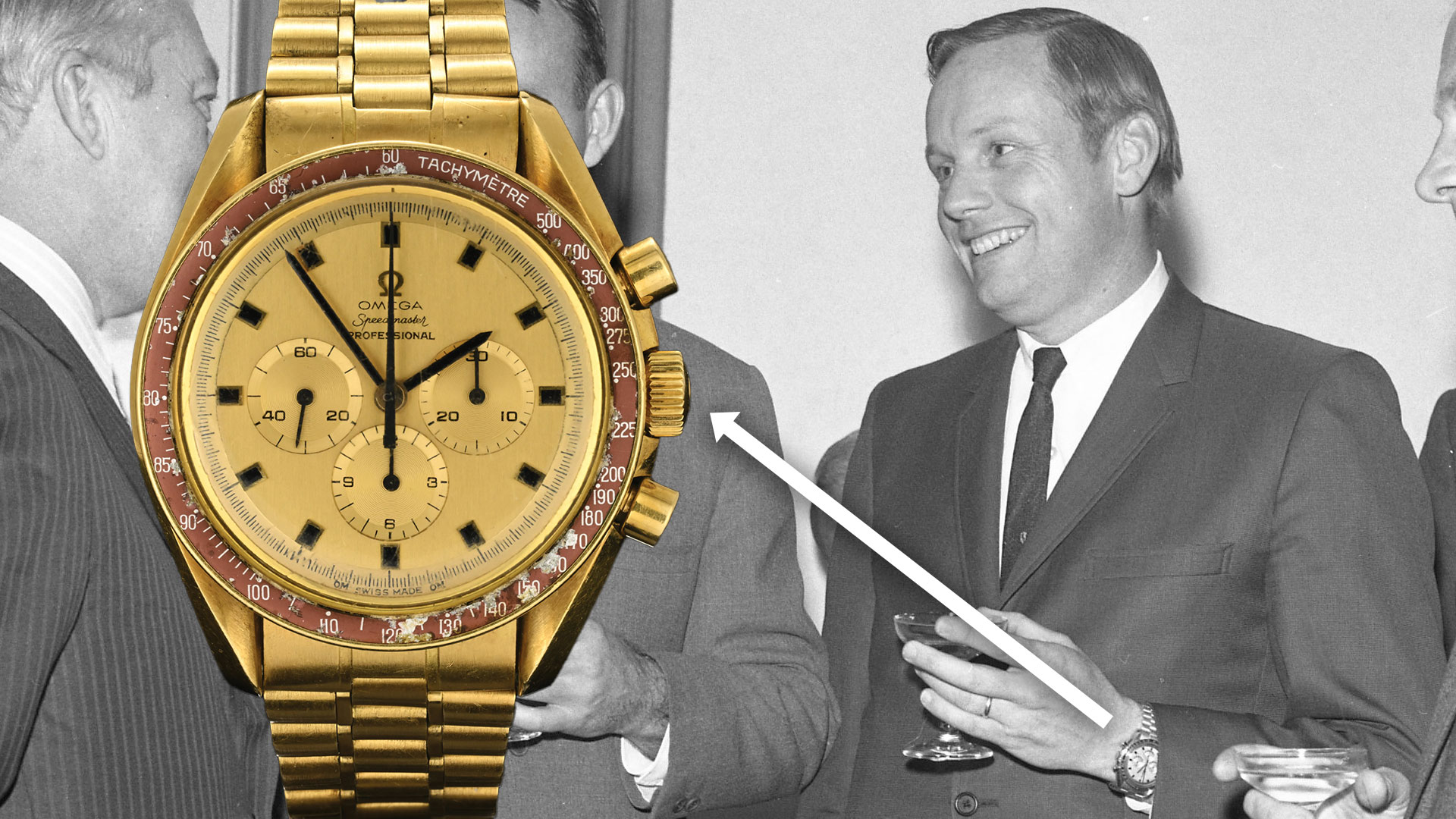How Engineers Are Practicing for the BepiColombo Mission to Mercury (Video)
Within just six months, the European Space Agency (ESA) and the Japan Aerospace Exploration Agency are planning to launch a new mission to Mercury called BepiColombo — but they're already acting like the mission has launched.
That's because the team is simulating a whole range of conditions to make sure that once the spacecraft leaves Earth, everything will go as smoothly as possible, no matter what happens, as they explain in a new video released by ESA.
It may seem odd to practice for a mission that will become reality soon enough, particularly when the two space agencies have plenty of other projects in the works. But because so many things can go wrong during a space mission, preparation is crucial.

"The failures can be anything," Elsa Montagnon, BepiColombo's operations manager, said in the video. "The failures can be a problem on the spacecraft, a problem on the ground, it can be a problem with computers, a problem with ground software, communication lines, ground stations, control rooms here, it can even be a problem with the operators themselves."
So, until August, ESA scientists and engineers are using a replica of the spacecraft and its computer to practice for perilous situations on the long flight, like instruments getting overheated as it flies closer to the sun.
Then, all the practice will become reality once BepiColombo launches between Oct. 5 and Nov. 29 of this year. The spacecraft will take seven years to reach its destination: orbit around Mercury. After the long journey, it will separate into two orbiters peeling off to study the tiny planet's geology, atmosphere and magnetosphere.
Email Meghan Bartels at mbartels@space.com or follow her @meghanbartels. Follow us @Spacedotcom, Facebook and Google+. Original article on Space.com.
Get the Space.com Newsletter
Breaking space news, the latest updates on rocket launches, skywatching events and more!
Join our Space Forums to keep talking space on the latest missions, night sky and more! And if you have a news tip, correction or comment, let us know at: community@space.com.

Meghan is a senior writer at Space.com and has more than five years' experience as a science journalist based in New York City. She joined Space.com in July 2018, with previous writing published in outlets including Newsweek and Audubon. Meghan earned an MA in science journalism from New York University and a BA in classics from Georgetown University, and in her free time she enjoys reading and visiting museums. Follow her on Twitter at @meghanbartels.









